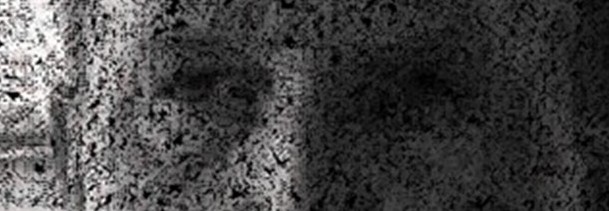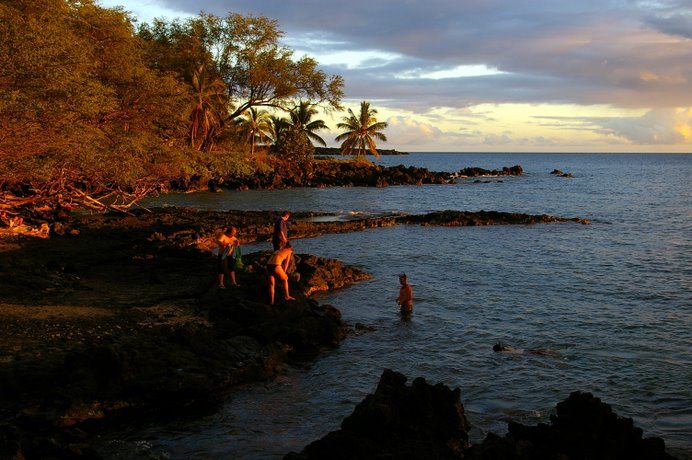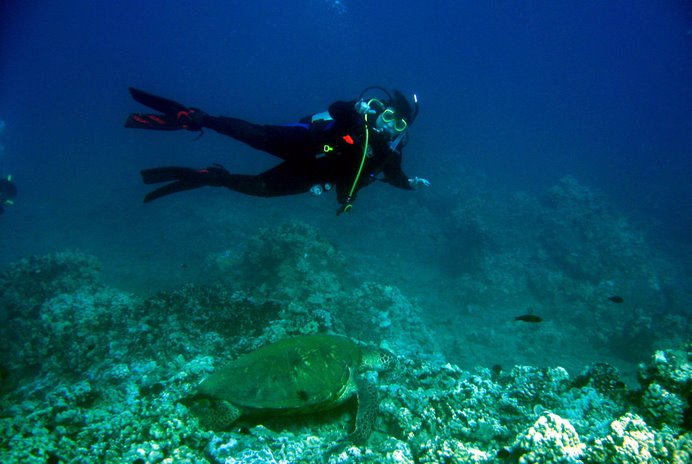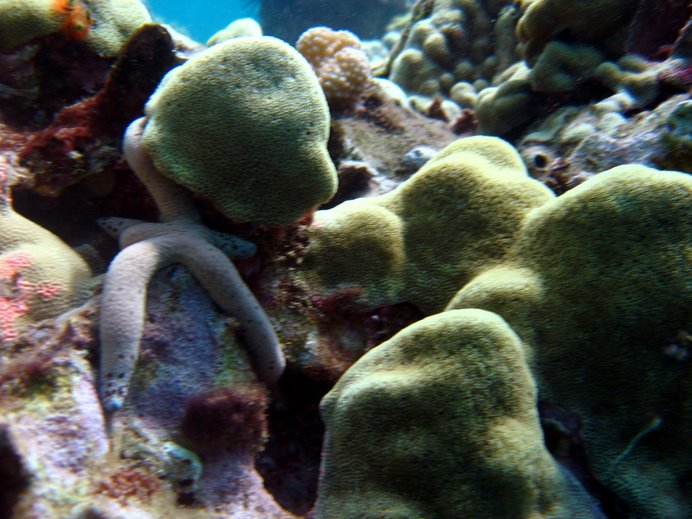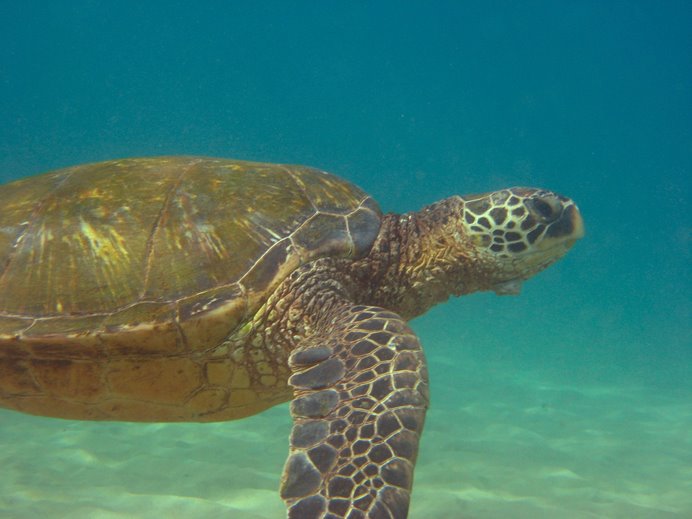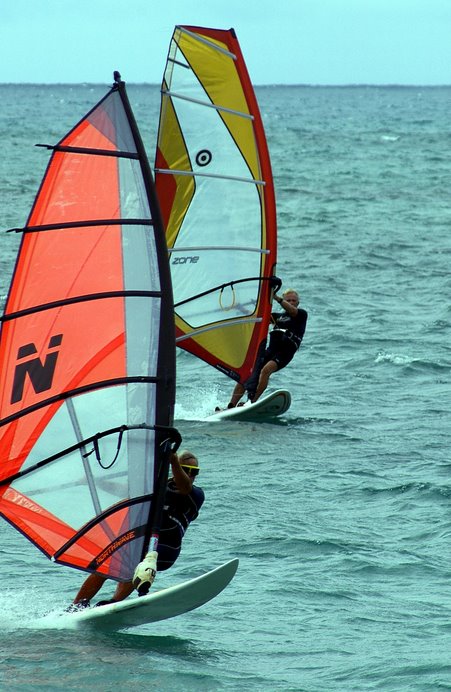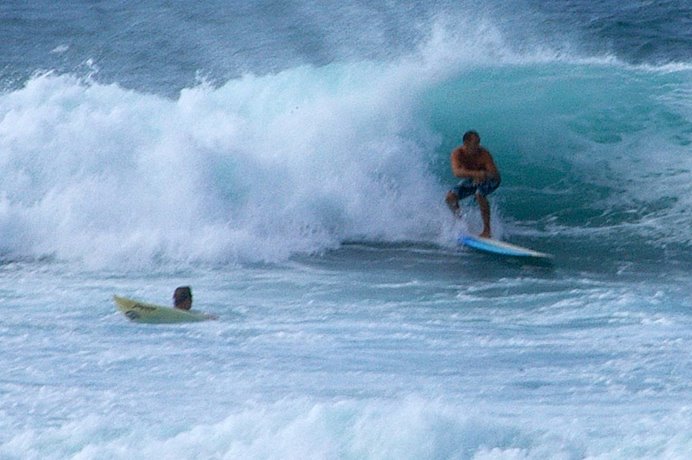As my tenure in northern Arizona is about to come to an end, I thought I'd mention a few other sites I've managed to see while here. The place is scattered with National Parks and National Monuments.
What's the difference between a park and monument you may ask. Well, without getting into getting into a bureaucratic discussion, it's a distinction between a congressional vote and a presidential designation. National monuments are designated by a presidential order and protects things like historical places such as Muir Woods, Ford's Theater, Mount Rushmore and ancient ruins. Congress designates things like Yosemite, Yellowstone, the Grand Canyon and so forth.
All across northern Arizona, the place is dotted with things worth protecting. For example, when the
Petrified Forest was publicized, train loads of people flocked to the area, hauling off petrified wood by the tons and destroyed much of it before it became protected.
Today, you can drive into the "forest" and take all the photos you like but don't even think about picking up a chunk of it.
All this is within the Painted Desert, a wide area that spans across Navajo country. As part of the auto tour, you can enter into the park either from the southern side by exiting off I-40/Route 66 at Holbrook or from the northern end on I-40 at exit 311. there's also a trip through the Navajo and Hopi reservations if you're into a self guided trip up highway 77.
Either way, you're in for some unusual colors.
Further east, (no national parks or anything) lies Winslow, Arizona. Remember the Eagles hit,
Take It Easy that mentions
"Standin' on a corner in Winslow, Arizona.....it's a girl, my Lord, in a flat bed Ford, slowin' down to take a look at me...." I loved the Eagles.
Yep, they have a corner there complete with a statue and the flatbed Ford with a bar across the street blaring Eagles music, all right there on the old Route 66.
Back nearer to Flagstaff, there's
Walnut Canyon National Monument. It is the former home of cliff dwellers who lived in the layers of the canyon walls for quite a while.
If I have my facts correct, the layers above a limestone base is around 180 feet form the canyon rim to the base and pueblo dwellings can be seen all along both sides of the canyon in 6 or so layers.
Unfortunately, the mini ice age appeared in the 12th century changing weather patterns for a few decades causing droughts, sending the Indians off for better water resources.
This too, was one of the places that 19th century tourism openly promoted the pillage of artifacts. so with that, it became a national monument as well as the Sunset Crater volcano crater and the
Wupatki Navajo pueblos.
I must mention
Meteor Crater also on Route 66. Unfortunately, I went to visit there and they were closing within a few minutes and their guided tour had already stopped.
It is a commercial venture but if I get a chance to get out there before I leave, I believe it's worth a couple of hours.
According to their information, an asteroid hit the earth 50,000 years ago, estimated at 26,000 mph, leaving a crater over 500 feet deep and a mile across. I bet that kicked up a pile of dust for a few days.
Anyway, if you think all this place is nothing but snakes and lizards, you are sadly mistaken.
It is rife with artifacts and history beyond your imagination.

























